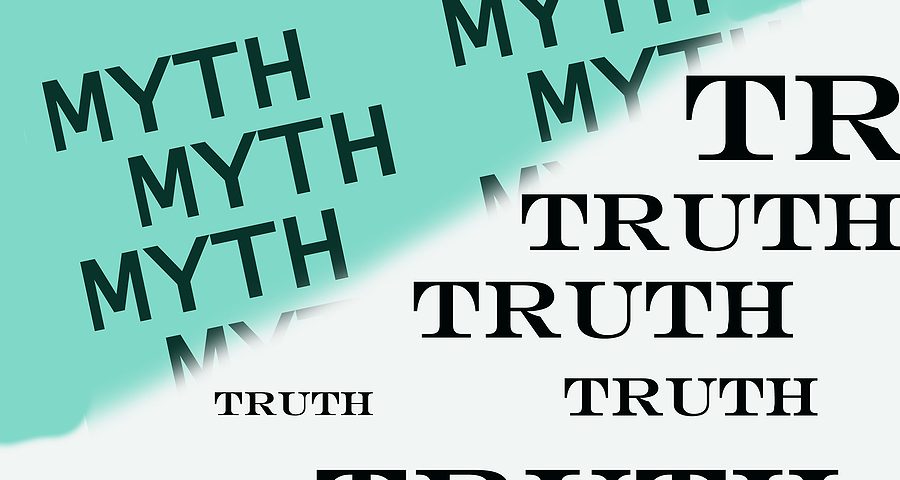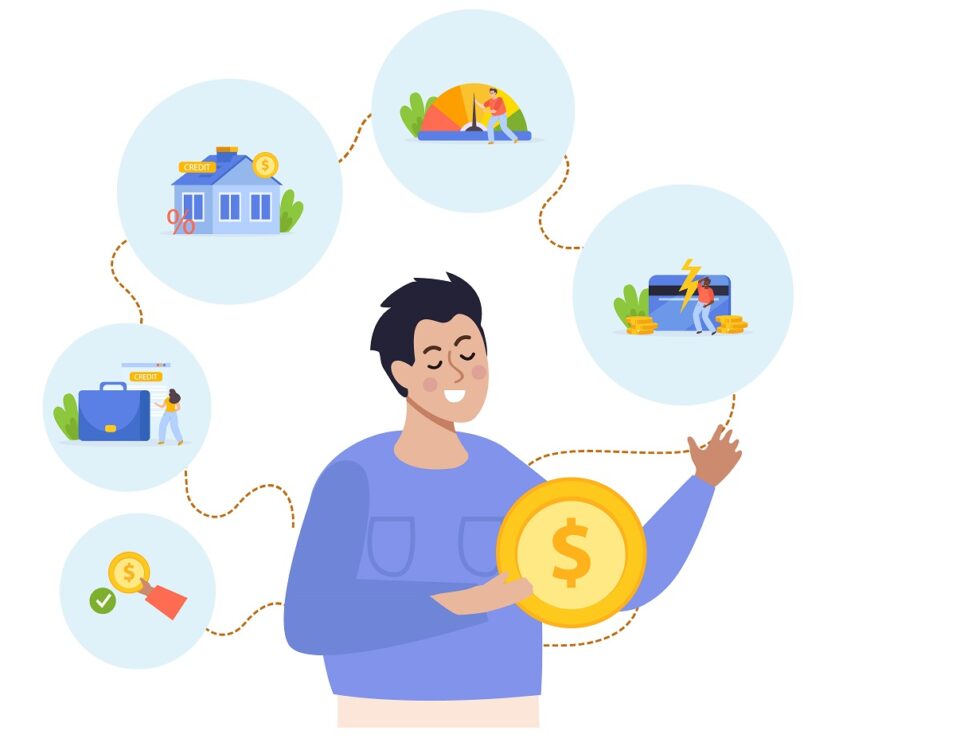- Credit Restoration Experts Nationwide

Credit Restoration Myth #8: Applying For New Credit Will Drop My Score
July 6, 2017
Credit Restoration Myth #10: Cash For Everything = Good Credit
July 6, 2017Credit Restoration Myth #9: Credit Cards Paid Off Each Month = High Credit Score

(Note to consumers: This is the nintht in a
series regarding common misconceptions about credit repair or credit
restoration. The information contained is deemed to be accurate, but
not guaranteed.)
A good credit score is made from the history of charging and paying off credit cards and other debts. But paying off your credit cards each month is not the best way to develop a credit history. You need to owe a bit, and pay a bit to develop it.
Paying everything off each month is a good way to stay out of debt, but won’t necessarily help your credit score.
By charging something and paying it off over time, a short time, you develop the kind of history that the bureaus want to see. Remember, they benefit most as a business when you do not pay off your debts quickly. The merchant makes money on interest and fees, and the bureaus make money selling lists to them. The more you owe without going over the 30% rule (don’t spend more than 30% of your available credit), the less the bureaus benefit. When you owe more than 30%, they classify you as a “bad risk”, and this is what makes them money.
To keep yourself in a good situation all around, charge something, then pay off your credit cards over 2-4 months. Try to never charge something more than the 30% rule, pay your bills on time every time, pay early and pay a little more than the minimum required, and you’ll develop the best possible credit history.
To learn more about this practice, contact us today!

